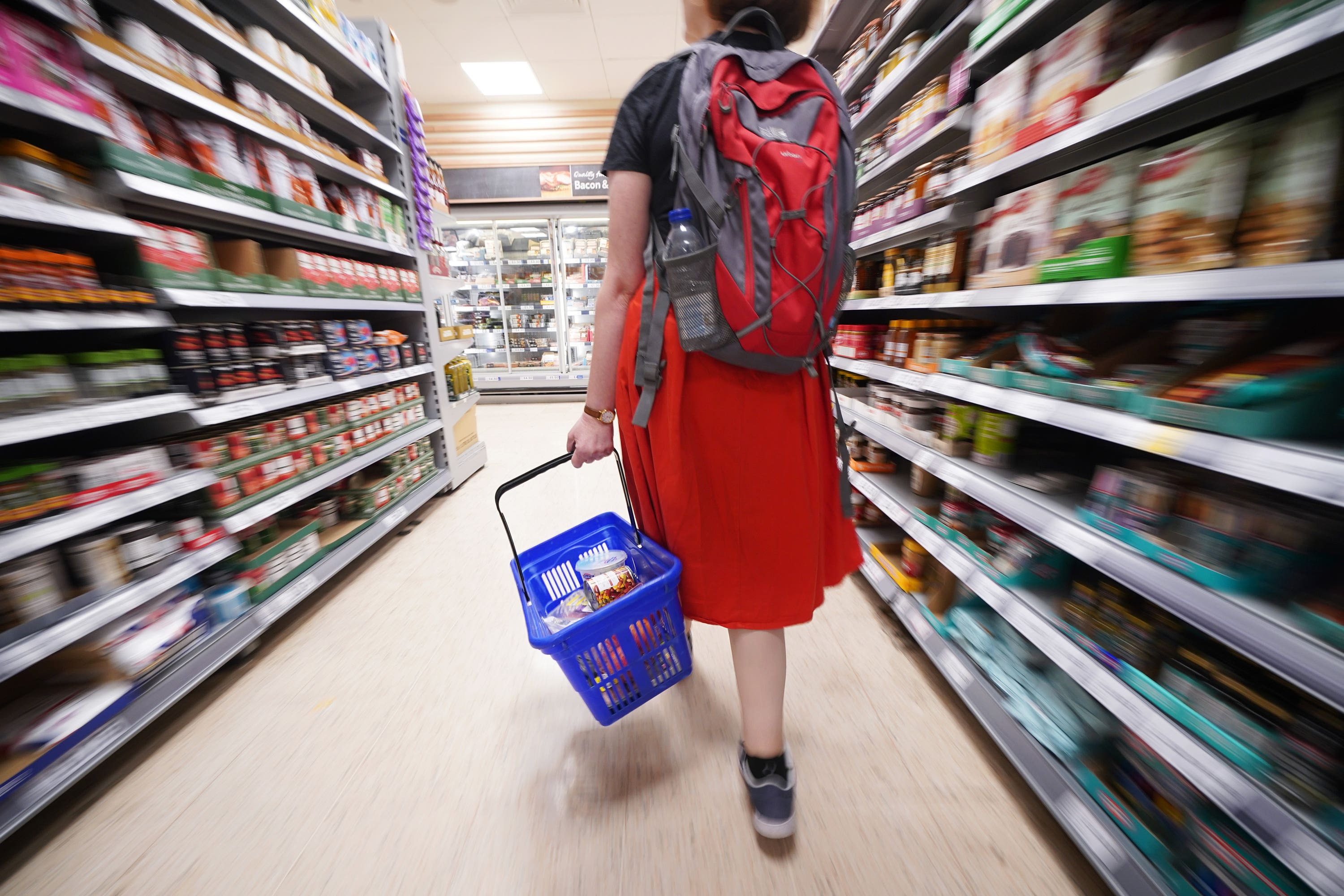Younger people relying on ‘bank of mum and dad’ as cost of living soars – survey
Some of those in the lowest-income families have been skipping meals, the Resolution Foundation think tank report said.

Middle-aged people have been borrowing to cope amid the cost-of-living crisis, while younger people have relied on help from friends and family and the poorest households have been skipping meals, a report suggests.
Half a million people on lower incomes reported using a food or warm bank in the last four weeks, the Resolution Foundation think tank said.
Its report, using data from a YouGov survey of 10,122 adults, found that the “bank of mum and dad” has played a key role in financially supporting many young people in the past year.
Some 83% of 18 to 24-year-olds and 67% of 25 to 34-year-olds – 10.8 million people in total – said they had received financial help from their parents.
These results confirm that the cost-of-living crisis is having an irrefutable impact on the UK’s health
But the report warned that young people in the 18 to 24-year-old age group and low-income people are also most likely to have coped with rising cost pressures by simply not paying at all.
Almost one in five (19%) adults in low-income families reported falling behind on at least one bill in the past three months, the think tank said.
It said people falling behind on at least two bills were three times as likely to report poor mental health.
The younger middle-aged (35 to 44 years old) have been the most likely to turn to formal lending, including credit cards, overdrafts or other formal loans, in recent months, the report found.
More than a third (37%) have done this, which is twice that of those aged 55 and over (16%), and significantly more than the population as a whole (26%), it said.
The report found that around one in seven adults in low-income families ate less or skipped meals for seven days in the past month – twice as much as the population as a whole.
The latest survey results come as the Trussell Trust charity reported a record near-three million emergency food parcels have been handed out at food banks in the year to March, with the number provided for children topping one million for the first time.
Molly Broome, an economist at the Resolution Foundation, said that while turning to friends and families “can be a real lifeline if support is available”, whether someone has access to that support “is a lottery”.
That means new action to bring down energy bills; it means new efforts to boost wages for low-income households; it means ensuring that the benefits system helps people to make ends meet
Dave Finch, assistant director at the Health Foundation charity, said: “These results confirm that the cost-of-living crisis is having an irrefutable impact on the UK’s health.
“With high prices set to continue and incomes unlikely to rise to meet them, this grim picture is unlikely to change soon.”
Meanwhile, research from a charitable foundation – based on a YouGov poll of 2,366 people – suggests that a third of adults are eating less healthily due to the cost-of-living crisis, while a third said they socialised less with their friends because of it.
One in six adults said the crisis has negatively impacted their work or education performance, Carnegie UK said.
Its chief executive Sarah Davidson said policymakers “should spend now to save later and protect our wellbeing”.
“That means new action to bring down energy bills; it means new efforts to boost wages for low-income households; it means ensuring that the benefits system helps people to make ends meet.”
Bookmark popover
Removed from bookmarks